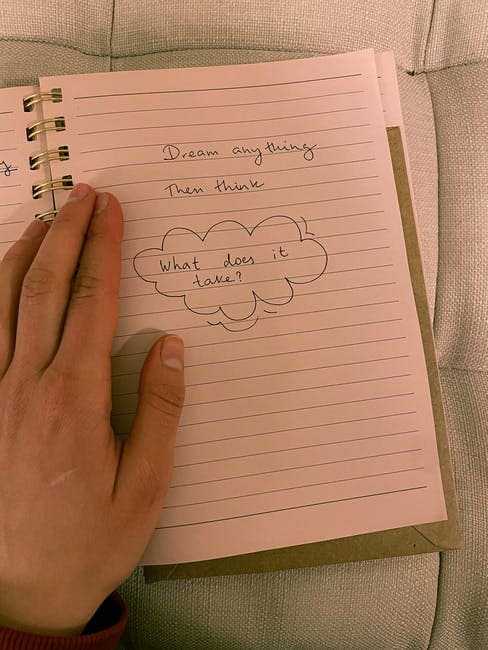

Do the U.K.’s Falling Case Numbers Prove Lockdowns Don’t Work?
I’ve written a piece for Mail+ today asking whether the rapid decline in daily cases since ‘Freedom Day’ suggests that lockdowns don’t work. Here’s the kernel of the argument.
For critics of the lockdown policy like me, this is beginning to look like vindication. We have long argued that the ebb and flow of the virus isn’t affected by state interventions, pointing out that cases seem to rise and fall in the same wave-like patterns across similar regions, irrespective of the action taken by different leaders.
For instance, the states of California and Florida share a number of characteristics, but their governors have taken very different approaches to managing the virus. Gavin Newsom, the democratic governor of California, has imposed some of the most severe restrictions in the United States, while Ron DeSantis, the republican governor of Florida, has imposed some of the lightest. Yet the number of Covid deaths in each state are almost identical – 163 per 100,000 in California and 179 per 100,000 in Florida.
Lockdown advocates claim that the UK’s lockdowns prove the policy is effective, with cases only starting to decline after they were rolled out. But Simon Wood, a professor of statistics at Edinburgh University, has analysed the impact of our lockdowns in detail and found that in all three cases infections had begun to fall before they were imposed, e.g. the UK’s third lockdown was put in place on January 6, but cases peaked at the end of December.
Prof Wood’s analysis, as well as the data from other countries, suggests that an infection wave will start to decline in the absence of top-down restrictions, and that has been confirmed by the steady fall in daily cases since ‘Freedom Day’. The reason that’s significant is because it implies that the eye-watering financial cost of the lockdowns – £250 billion and counting – has been unnecessary, not to mention the missed hospital appointments, school closures, and terrible toll on the nation’s mental health.
Worth reading in full.
I think it’s probably too early to start gloating, but it does look as though the gloomsters on SAGE – not to mention the doomsters on Independent SAGE – got the modelling badly wrong. According to the latest data, the number of new cases today stands at 24,950, the sixth consecutive fall in as many days.
Lockdown zealots will attribute this decline to the vaccines, but that begs the question of why they weren’t confident the vaccines would prevent cases from surging when they predicted armageddon last Monday? No doubt vaccines have played a part, but so has natural immunity (by catching the disease and recovering) and pre-existing immunity (by having caught and recovered from a similar disease in the past). And we shouldn’t exaggerate the part the vaccines have played because we now know the trial data over-estimated how efficacious vaccines are against infection. The evidence that they significantly reduce the risk of serious disease and death is still robust; but evidence that they significantly reduce the risk of infection or transmission isn’t holding up very well, which is one reason vaccine passports are a waste of time.
Even though it’s too soon for lockdown sceptics to declare victory, we can at least start thinking about which of the zealots to start ridiculing – and with that in mind, it’s worth revisiting Neil Ferguson’s appearance on the Andrew Marr Show on July 18th.
Among Professor Lockdown’s claims were:
- It was “almost inevitable” that daily cases would climb to 100,000 a day and hospital admissions to 1,000 a day following the easing of restrictions.
- It was distinctly possible that daily cases would climb to 200,000 a day and hospital admissions to 2,000 a day, which would cause “major disruption” to the NHS.
- The peak of the current wave could occur between August and mid-September.
- “It’s going to be a difficult summer for many reasons.”








